The internet has given indie artists such unlimited potential to make, package, market, distribute their own music as well as unprecedented power to book tours, produce merch, connect with fans that it’s easy to forget why we’re all here in the first place. It’s also easy to get distracted by all apparent “success” other people are having. Those distractions can cause us to start looking for the shortcuts, for the right social media tools, for the right marketing terms. People make it look so simple to get new followers, to sell 10,000 copies of an album, or to work only four hours a week.
That is all bullshit.
My friend Kris, a session and touring musician in Nashville, Tennessee quit Facebook a few years ago and wrote this about the decision:
Everybody tells you when they’re working. Everybody tweets when they’re traveling somewhere super awesome. Everybody makes the extra artsy shot of them on the Tonight Show stage their profile picture. It’s easy to sit and browse and think “Man… so and so sure works a lot,” or “That looks like a great vacation. I need to take that kind of vacation. Wish I could afford that kind of vacation. Maybe if I worked all the time like so and so I could afford to take that vacation… but, if I worked all the time I’d never be able to find the time. Ugh.” I’m done with it. I’d wager that we don’t actually know much about each other if we’re using social media as our means of maintaining our friendships.
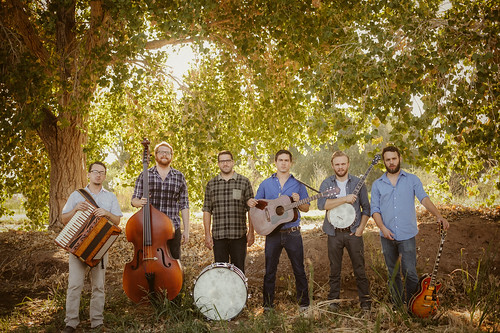
His departure from Facebook fits perfectly with what I saw succinctly tweeted from someone else: “You’re comparing their highlight reel to your behind-the-scenes.”
FOMO (the “Fear Of Missing Out,” if you missed out) doesn’t just make us feel like crap; it can make us feel like really unsuccessful musicians; it can lead to some terrible decisions. The worst of those is forgetting what your purpose is as a musician. Your purpose is to make music.
A year ago, I ranted about a click-bait marketing program aimed at artists that asked “Should you release an album that no one cares about?” That marketing program like many, many others implores musicians to think of themselves as a carefully-managed brand. You are not a brand. You are a band. Don’t lose sight of that.
The reason I harp on this in such direct tones is that I’ve watched countless bands and musicians lose fans and alienate friends when they left an album in “the can” trying to sell it. I’ve watched them burn-out and go broke waiting for September to release because that fits with the “college radio” release schedule. And now, with a cottage industry of marketing advice available all over the internet, I watch bands “brand managing” themselves to death.
They worry about the right time to tweet, the right networks to be on, how to get more Instagram followers. And unfortunately, they worry about these things at the expense of making music.
I’m not saying that you shouldn’t worry about these things. Strategy is a good thing to consider. We should consider strategy when we release an album or a song. But we have to be careful not to give in to the false promises of a “right way” to do it. We can’t fall victim to the idea that we can create a “brand” that is something separate from the individuals playing in the band.
My friend Brad put this in direct terms himself in answering the question “What the hell is a brand anyway?” He said: “you don’t get to decide what your brand is, the audience does. That’s right, folks. You are NOT in control.”
Brad and I would both tell you to influence your brand. Brad suggests that your “music (or products/services), messaging, design, photos, pricing, events, charity work, publicity” all influence your “brand.”
I say: get a professional logo, get professional photos, have a professional website (not a Facebook page). I don’t think of these things as “branding” so much as staying consistent in your aesthetics.
What’s important to consider if you want to create and release music for a long time is building that platform that allows you to repeat success: work with a good producer you trust, have a guitar technician who knows their stuff, don’t always go for the cheapest route, distribute your music in a way that anyone can listen to it (don’t only put it on iTunes or only on Spotify). Building a platform for your music that you don’t have to tinker with all the time helps you do the thing you’re supposed to do: be a band.
Every time I tweet something about “social media” or “branding,” I get followed and promoted to by these accounts that promise “50,000 followers” or flatter me about how my “songs are super” and ask “did I ever try buying some comments?” When you’ve released enough music that you’ve felt you’re the tree falling in the forest with no one to hear it, you’re bound to consider one of these “get popular quick” schemes. You’re bound to wonder: is my brand not working for me?
I’m urging you to remember that your only duty is to make music. Make enough of it and your brand will make itself. Worry too much about your brand, and it’ll tear up your band.
—
Photo Creative Commons ![]() Robert Ramirez via Compfight
Robert Ramirez via Compfight

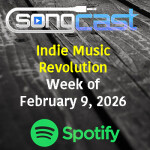
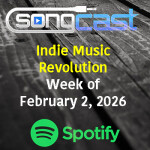
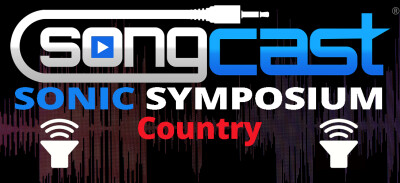
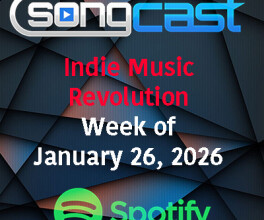


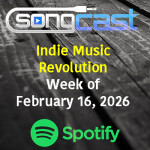
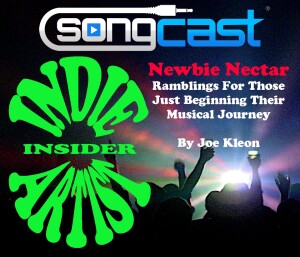

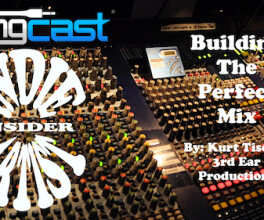
































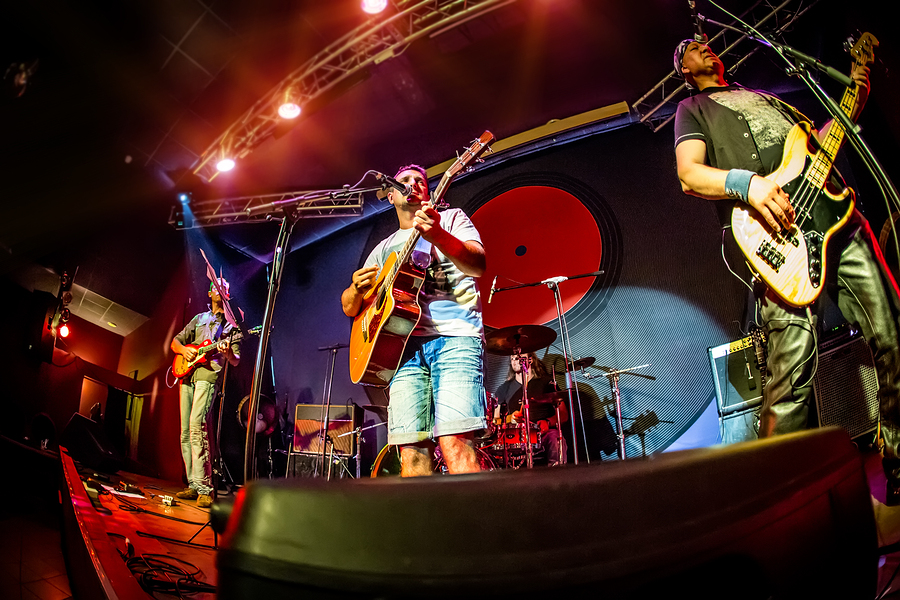
Comments
No comment